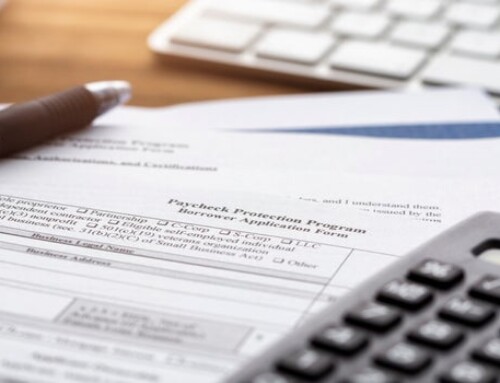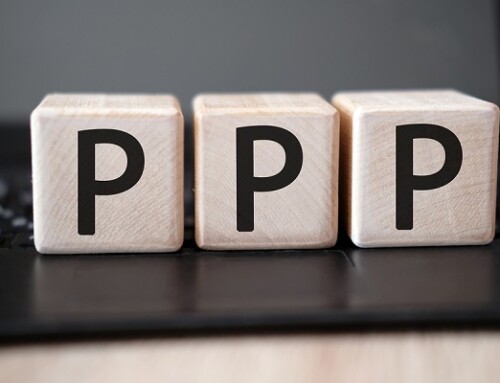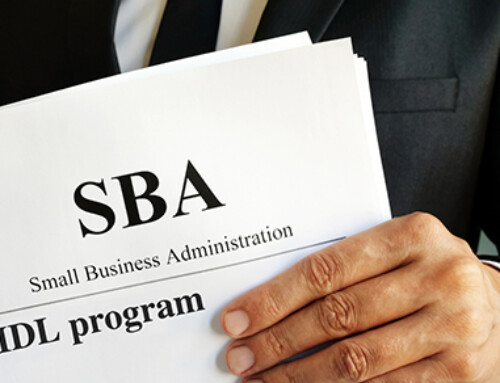There’s an array of evolving tax scams related to identity theft and refund fraud that you need to be aware of. Here are some of the latest schemes:
Requesting fake tax payments:
The IRS has seen automated calls where scammers leave urgent callback requests telling taxpayers to call back to settle their “tax bill.” These fake calls generally claim to be the last warning before legal action is taken. Taxpayers may also receive live calls from IRS impersonators. They may demand payments on prepaid debit cards, iTunes and other gift cards or wire transfer. The IRS reminds taxpayers that any request to settle a tax bill using any of these payment methods is a clear indication of a scam.
Targeting students and parents and demanding payment for a fake “Federal Student Tax”:
Telephone scammers are targeting students and parents demanding payments for fictitious taxes, such as the “Federal Student Tax.” If the person does not comply, the scammer becomes aggressive and threatens to report the student to the police to be arrested.
Soliciting W-2 information from payroll and human resources professionals:
Payroll and human resources professionals should be aware of phishing email schemes that pretend to be from company executives and request personal information on employees. The email contains the actual name of the company chief executive officer. In this scam, the “CEO” sends an email to a company payroll office employee and requests a list of employees and financial and personal information including Social Security numbers.
“Verifying” tax return information over the phone:
Scam artists call saying they have your tax return, and they just need to verify a few details to process your return. The scam tries to get you to give up personal information such as a SSN or personal financial information, including bank numbers or credit cards.
Pretending to be from the tax preparation industry:
The emails are designed to trick taxpayers into thinking these are official communications from the IRS or others in the tax industry, including tax software companies. The phishing schemes can ask taxpayers about a wide range of topics. E-mails or text messages can seek information related to refunds, filing status, confirming personal information, ordering transcripts and verifying PIN information. If you receive an unexpected call, unsolicited email, letter or text message from someone claiming to be from the IRS, here are some of the tell-tale signs to help protect yourself.
The IRS Will Never:
- Call to demand immediate payment using a specific payment method such as a prepaid debit card, gift card or wire transfer or initiate contact by e-mail or text message. Generally, the IRS will first mail you a bill if you owe any taxes.
- Threaten to immediately bring in local police or other law-enforcement groups to have you arrested for not paying.
- Demand that you pay taxes without giving you the opportunity to question or appeal the amount they say you owe.
- Ask for credit or debit card numbers over the phone.
If you get a suspicious phone call from someone claiming to be from the IRS and asking for money, here’s what you should do:
- Do not give out any information. Hang up immediately.
- Search the web for telephone numbers scammers leave in your voicemail asking you to call back. Some of the phone numbers may be published online and linked to criminal activity.
- Contact TIGTA to report the call at 1-800-366-4484.
- Report it to the Federal Trade Commission online at www. ftccomplaintassistant.gov. Please add “IRS Telephone Scam” in the notes.
If you think you might owe taxes, call the IRS directly at 1-800-829-1040. If you receive an unsolicited email that appears to be from either the IRS or an organization closely linked to the IRS, such as the Electronic Federal Tax Payment System (EFTPS), report it by sending it to phishing@irs.gov. Taxpayers can help spread the word using the hashtag #TaxSecurity in social media platforms.





